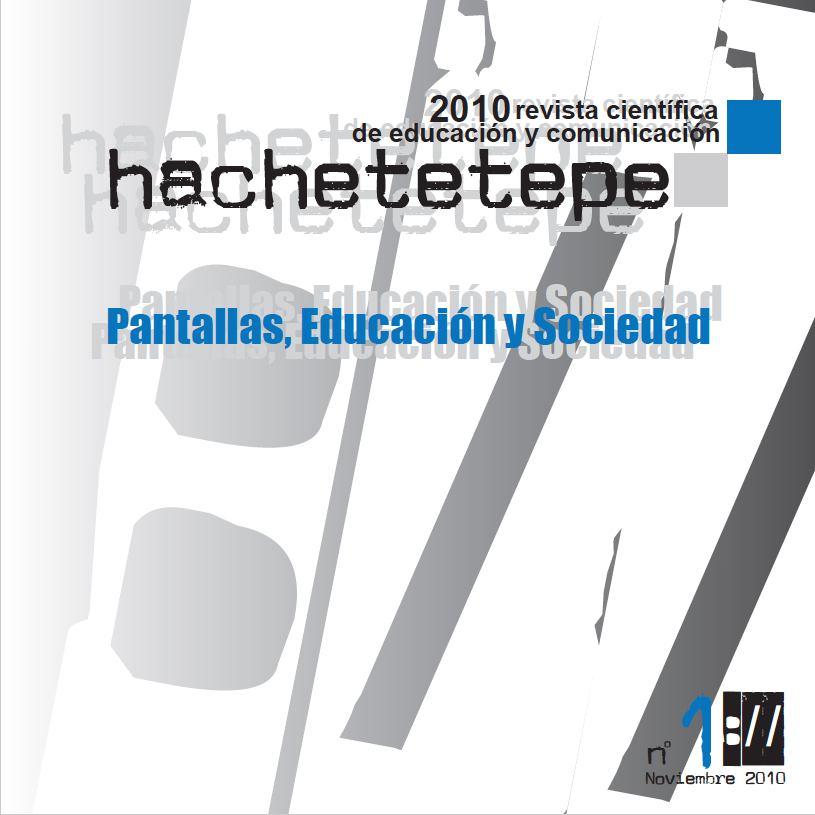“Pantalleros”: An approximation to the gangs and to the screens

Info
Abstract
When we speak of “pantalleros” we do not mean those who in one way or another, working at the screens. In this sense, this is the group of young people who intend acrobatic, artistic and to a lesser extent, those who do abuse and shared on screen either your phone or computer. Immersed in a virtual reality that they belongs and forming part of the group. Screens that exceed the local dimensions and come to acquire a global vision. Perhaps we are dealing with a new way of socializing but has mediated on the screen before and after. That is, a before recording for what should be plotted (it has a purpose) and the later, because once that is shared on the network or through mobile devices is resized action (takes about consequences). Giving answers to questions such as where, when, who or what is not resolved in this investigation but peek intentions to continue working on the screens and gangs.
Keywords
Downloads
How to Cite
License

This work is licensed under a Creative Commons Attribution-NonCommercial-NoDerivatives 4.0 International License.
Those authors who have published with this journal, accept the following terms:
- They will retain their copyright and guarantee the journal the right to first publication of their work, which will simultaneously be subject to the Creative Commons Attribution License . They may be copied, used, disseminated, transmitted and publicly displayed, provided that the authorship, url, and magazine are cited, and are not used for commercial purposes. No derivative works are allowed.
- They may adopt other non-exclusive license agreements for the distribution of the published version of the work (e.g., deposit it in an institutional telematic archive or publish it in a monographic volume) provided that the initial publication in this journal is indicated.
- Disseminate your work through the Internet (e.g., in institutional telematic archives or on your website) once the manuscript is accepted, which may lead to interesting exchanges and increased citations of the published work. (See The effect of open access).
Hachetetepé. Scientific journal of education and communication does not charge a fee for the submission of manuscripts or for the publication of its articles.
References
Amar, V. (2008). Tecnologías de la información y la comunicación, sociedad y educación. Madrid: Tébar.
Bueno, G. (1996). El mito de la cultura. Ensayo de una filosofía materialista de la cultura. Barcelona: Editorial Prensa Ibérica.
Echevarría, J. (2000). Un mundo virtual. Madrid: Plaza & Janés.
Ferrés, J. (2000). Educar en una cultura del espectáculo. Barcelona: Paidós.
Lankshear, C. y Knobel, M. (2009). “Los nuevos alfabetismos y el problema de las mentalidades”, en Lankshear, C. y Knobel, M.: Nuevos alfabetismos. Su práctica cotidiana y el aprendizaje en el aula. Madrid: Morata; 43-72.
Quintana, J.M. (1993). Pedagogía estética. Madrid: Dykinson.
Robertson, R. (2005). 3 olas de globalización. Historia de una conciencia global. Madrid: Alianza.
Sánchez, M. (1998). “La generación de la llave. Riesgos psiquiátricos para los niños que están solos en casa al llegar del colegio”, en El País, 6 de abril

